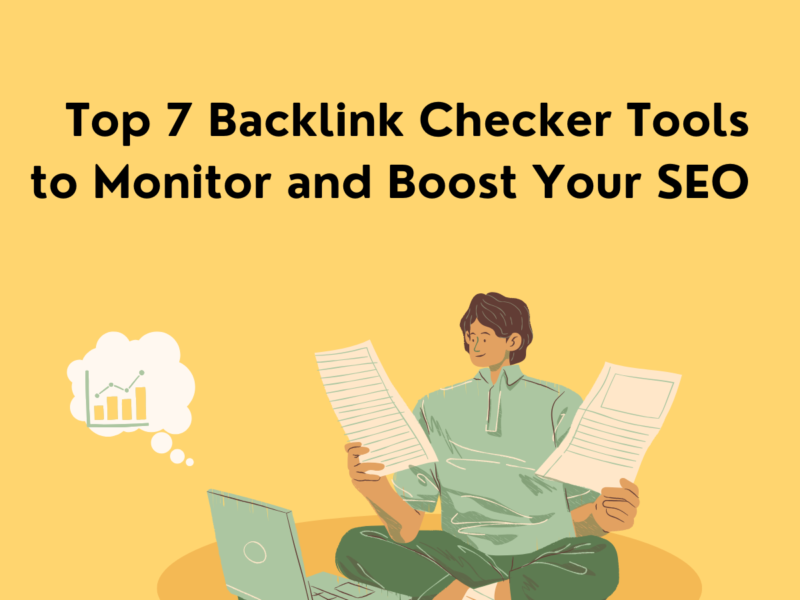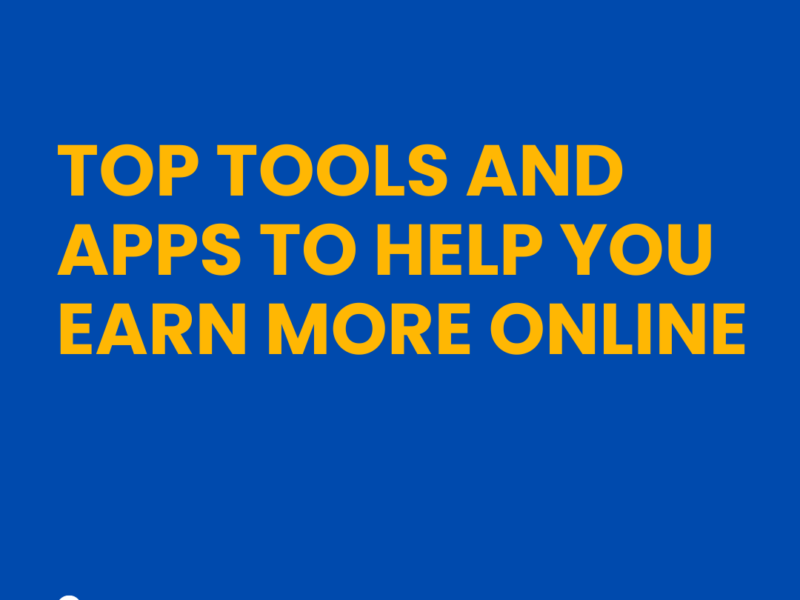Podcasting vs. Blogging: Which is Right for You?
The rise of digital content has given birth to various platforms for creators to express themselves and share their knowledge, thoughts, and ideas with a global audience. Two of the most popular forms of content creation today are podcasting and blogging. While both have their own merits, deciding whether podcasting or blogging is right for you depends on various factors, such as your personal preferences, the type of content you want to create, your audience’s needs, and your long-term goals as a content creator.
In this comprehensive blog post, we’ll delve into the key aspects of podcasting and blogging, comparing both mediums to help you decide which one suits your style, resources, and audience. We’ll look at the benefits and drawbacks of each platform, explore the differences in terms of reach, audience engagement, content creation, and monetization, and ultimately guide you toward making the right decision for your content strategy.
What Is Podcasting?
Podcasting is a form of media that delivers audio content to listeners through episodes, typically available for download or streaming. Podcasts cover a wide range of topics, from storytelling and entertainment to education and interviews. The beauty of podcasting lies in its accessibility; all a listener needs is a mobile device or computer with access to podcasting platforms like Apple Podcasts, Spotify, or Google Podcasts.
Podcasts are typically consumed in an audio-only format, making them an ideal choice for people who are on the go. Whether during a commute, workout, or household chores, podcast listeners can engage with content without having to sit in front of a screen. For creators, podcasts provide an intimate connection with their audience since the voice often brings a more personal and emotional connection than written content.

What Is Blogging?
Blogging, on the other hand, is a form of content creation that involves writing articles or posts on a website or platform. Blogs can cover a variety of subjects, ranging from personal stories and lifestyle tips to technical guides and business insights. Blogs are typically published in a written format, although multimedia elements like images, videos, and infographics are often incorporated to enhance the post’s engagement and readability.
The written word allows for precision, structure, and in-depth exploration of topics. Readers can consume blog posts at their own pace, re-reading sections or skipping to specific parts of interest. Blogging is accessible to anyone with an internet connection, and it allows content creators to share their thoughts, ideas, and expertise with a global audience through search engine optimization (SEO) strategies and social media sharing.
The Advantages of Podcasting
First, engagement and connection: It is let in one enterprising and personal way of engaging an audience. Voice evokes the emotion that would be elicited through tone, inflections, and storytelling-from the way it sounds. The voice of a person creates an impression of conversation with him, which goes on to develop a stronger loyalty and trust.
Convenience and Flexibility for Listeners: One of the best advantages of podcasting is portability. People can listen to these podcasts while commuting, exercising, or even carrying out household chores, which perfectly suits people who love to consume content while multitasking. Podcasting also affords one this consumption without having to engage a screen, thereby appealing to the reduced screen time audience.
Very Strong Niche Audience: Podcasts tend to attract listeners who are very engaged interested in a specific subject matter. Doing some focused targeting toward a niche audience means that podcasting can serve as a potent medium for community building. Where listeners are generally loyal to each other and tend to consume more than once, this leaves room for audience development in the long term.
Authenticity Personality: Using audio allows the podcast host to be themselves and show their personality. Unlike written communication, in which a tone can be easily misunderstood, these podcasts help showcase charisma and humor but mainly storytelling which adds to be one of their strong selling points to bring in very many listeners.
The Easiest to Scale: A podcast will not need heavy amount of investments in terms of equipment or production: decent microphone with software to edit recordings and hosting can easily produce content of good quality. As the podcast grows, it gets easy to scale by adding more guests, covering further topics, and even monetizing in sponsorships or advertisements.
Monetization Scope: Podcasting can also turn out to be a cash-cow. Several monetary avenues like sponsorships, advertisement spots, listener donations, or premium content can feed on podcast monetization. Sharing the intimate space through overcoming the vicinity of podcast audiences makes them the kind of consumer valuable in terms of advertisements while leaving podcasters able to create a large revenue in income once a solid following is built.
The Advantages of Blogging
In-Depth Analysis of Subjects: Blog articles provide an opportunity to deep-dive into a subject. The written words allow the creators to elaborate, give detailed information, and present research in an organized manner. Suppose your content features instructions, step-by-step methods, or in-depth analyses. In that case, blogging becomes the suitable medium for strengthening that content.
SEO and Discovery: One of the greatest advantages of blogging is SEO. The search engine optimization of blogs enables greater organic traffic over time. A blog can become a mature and professional source of information, ranking highly in search engine results through effective SEO tactics like keyword research, on-page optimization, and link building; thus, increasing visibility and grabbing a wider audience.
Editing Reasons and Updating: Reliability of written content allows it to be edited, revised, or updated to new findings or changes in the industry. This flexibility enables continual refinements in your content and improvement of the quality of your blog. On the other hand, blog posts also have the capacity to be repurposed into other formats, such as social media posts, video content, or newsletters.
Low Entry Barriers: It is quite easy and inexpensive to start a blog. You can start a blog within a couple of minutes on platforms like WordPress, Blogger, or Medium, without technical know-how whatsoever. All you need is a computer and an internet connection in order to start sharing content.
Audience Retention and Community Building: Through the comment features and bipartite dialogues, blogs allow for a form of communication that encourages community interaction among its audience. Readers can comment, raise inquiries, and interact with others in the community, nurturing exquisite rapport with creators and the establishment of credibility in their niche.
Business Opportunities: Monetizing a blog is, in fact, possible. Common avenues include affiliate schemes, sponsored posts, display adverts, and selling digital products like e-book, courses, and content accessed through membership. Once you have a decent readership, your blog will provide passive income, turning it into a sustainable venture in the long term.
Podcasting vs. Blogging: Key Differences
The major difference between the podcast and the blog is in the content form. In podcasting, audio is the primary content considering some amount of recording, editing, and production of an episode. It also requires some skills in communicating with one’s voice, story writing, and interview techniques. The other side goes blogging, which considers writing an easier option for some creators who would rather work with words.
Time Commitment: Podcasting may quite often be bogged down with preparing, recording, editing, and publishing for long hours. In an episode with guest interviews or sound editing in the mix, one can be in for several hours of production. In contrast, blogging may be faster; however, it only requires the thinking and perhaps a bit of editing and SEO optimizing.
Audience Interaction: Podcasting interacts with the audience directly via voice, but blogging goes by written comments or otherwise social media. If you enjoy speaking to people and gaining their feedback on your voice messages or live interactions, you may want to consider podcasting.
Reach And Accessibility: Blog posts could be more discoverable through search engines, SEO optimization, and the ability to share across various platforms. Podcasts may have a loyal audience niche, but they are not likely to be discovered unless promoted heavily via social media or search engine marketing. Their discoverability very much depends on listener reviews, ratings, and recommendations.
Repurposing Content: Some amount of repurposing would be possible on both, but with respect to different formats, blog content is definitely much more flexible to manipulate. Repurposing a blog post into a video, infographic, or social media post is a breeze. Podcasts can be transcribed and turned into blog posts, although from an expense-and-labor standpoint they tend to be very taxing and arguably not as effective as a blog post that was initially written with SEO in mind.
Ways To Monetize: Podcasting and blogging borrow varied monetizing options, while the actual means of revenues are quite different. Whereas podcasting, by and large, depends on sponsorships, ads, and listener donations for its monetary gain, blogging is a trafficking of affiliate marketing, display ads, and the selling of digital products. Blogging can be said to build for a long-term passive income through SEO, while podcasting shall take actively some serious work for timely revenues.
Which One Is Right for You?
Ultimately, the choice between podcasting and blogging will depend on your personal strengths, goals, and the type of content you will create. If you enjoy speaking, storytelling, and building a personal rapport with your audience, podcasting may be the best choice for you. On the other hand, if you are a writer who loves thorough research and creating long-form content that is easy to search engine-optimize, blogging might be the choicest platform for you.
Some may find a mix of both mediums to be the best alternative. You can start with a blog and then make a podcast out of that content, or vice versa. This way, you are working both avenues and bringing a greater audience to yourself.
Conclusion
For both podcasts and blogs, the possibilities for creation are wonderful, but so are the strengths and challenges of each format. The trick is to evaluate your tastes, the kind of content that you want to make, your audience’s needs, and what resources you have. But, whether you decide on podcasting or blogging, or both, what matters is that you create content your audience connects to and that corresponds with your interests and expertise.


